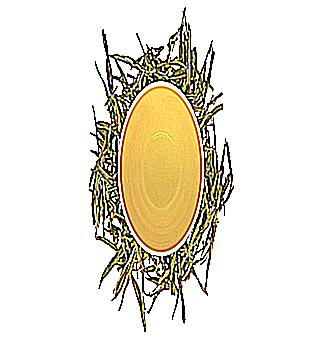Home >
Erectile Dysfunction >
Monastic tea for impotence
Monastic tea for impotence

Monastic tea is an effective herbal remedy for the return of male sexual power. The healing collection may include various natural ingredients; before using it, the patient must make sure that there are no contraindications to taking certain herbs.
The degree of effectiveness of monastery tea
Doctors indicate that the intake of specific herbal preparations should be carried out by patients after a diagnosis of sexual pathology and a conversation with a urologist. The drink made from dried plants produces a noticeable healing effect on men suffering from uncomplicated psychogenic disorders. The best results in the treatment of genital pathologies are observed among patients under 30 years of age, whose sexual problems are caused by negative psychological factors. People with increased emotionality and suggestibility, who are prone to excessive fixation on any functional abnormalities, often suffer from impotence.
However, chronic psychogenic impotence, when the patient has formed sufficiently persistent misconceptions about sexual behavior, is eliminated with severe difficulties. A disappointing prognosis is made for persons with a congenital decrease in potency, as well as a decrease in libido after serious injuries of the brain and spinal cord. Herbs in the composition of the medicinal collection have a positive effect on depletion of the body, long-term diet and intense physical activity. Taking tea from medicinal herbs helps to protect the body from viruses and infections, improve mood and well-being, and increase the tone of the reproductive system. The best medicinal effect can be achieved by observing the correct regime of work and rest, giving up bad habits and eating a balanced diet.
Herbs that make up the monastery tea
Ginseng Root
Medicines based on ginseng extract are widely used to obtain the following healing results:
- treatment of neurasthenic and hysterical phenomena
- elimination of rapid fatigue and decreased performance
- elimination of chronic digestive disorders
- stimulation of blood microcirculation
Fennel
The herbaceous plant regulates the digestive tract, helps to normalize weight and avoid the development of diabetes.
Rosehip
Rosehip berries contain vitamin C, which is essential for maintaining healthy vascular tissue. The product speeds up metabolism and lowers blood cholesterol.
Chinese lemongrass
This is a popular traditional medicine, which is indispensable for severe overwork due to intense physical and mental work. The plant has a stimulating and tonic effect, as well as:
- relieves chronic fatigue syndrome
- eliminates drowsiness and increases work capacity
- activates conditioned reflex activity
- stimulates the work of the gonads and centers of the spinal cord< / li>
- improves appetite and speeds up metabolic processes
St. John's wort
Helps to avoid vitamin deficiency and inflammatory processes, to improve the work of the cardiovascular system. The plant relieves depressive manifestations, helps to increase the background of the mood.
Peculiarities of drinking monastery tea
Tea is prepared by steeping in hot boiled water. The drink is infused for at least 15 minutes. It is prohibited to boil tea. You can use a microwave to heat the broth. You need to prepare a fresh drink daily. To improve the taste of tea, it is allowed to add a little lemon juice or natural honey to it. The herbal decoction should be drunk 2 times a day. A glass of the drug is taken in the morning and afternoon on an empty stomach. The course of herbal medicine lasts up to 4 weeks. Monastic tea is not recommended to be consumed in the evening, as it can provoke an increase in motor restlessness, increased heart rate and nervous excitement.
Contraindications
The drink should not be taken by pregnant or lactating women. Treatment with monastery tea is not recommended if there is an increased sensitivity of the body to any of the collection components. Specific restrictions are set depending on the ingredients of the beverage. In particular, ginseng should not be taken for frequent migraines, hyperexcitability, and insomnia. Rosehip is prohibited to use for cholelithiasis and hypertensive crises, thrombophlebitis and gastritis. St. John's wort is contraindicated in patients with decreased appetite and a predisposition to constipation, visual and nervous disorders. It is not recommended to drink broths with lemongrass with increased intracranial pressure, cardiac disorders and epileptic seizures.



























